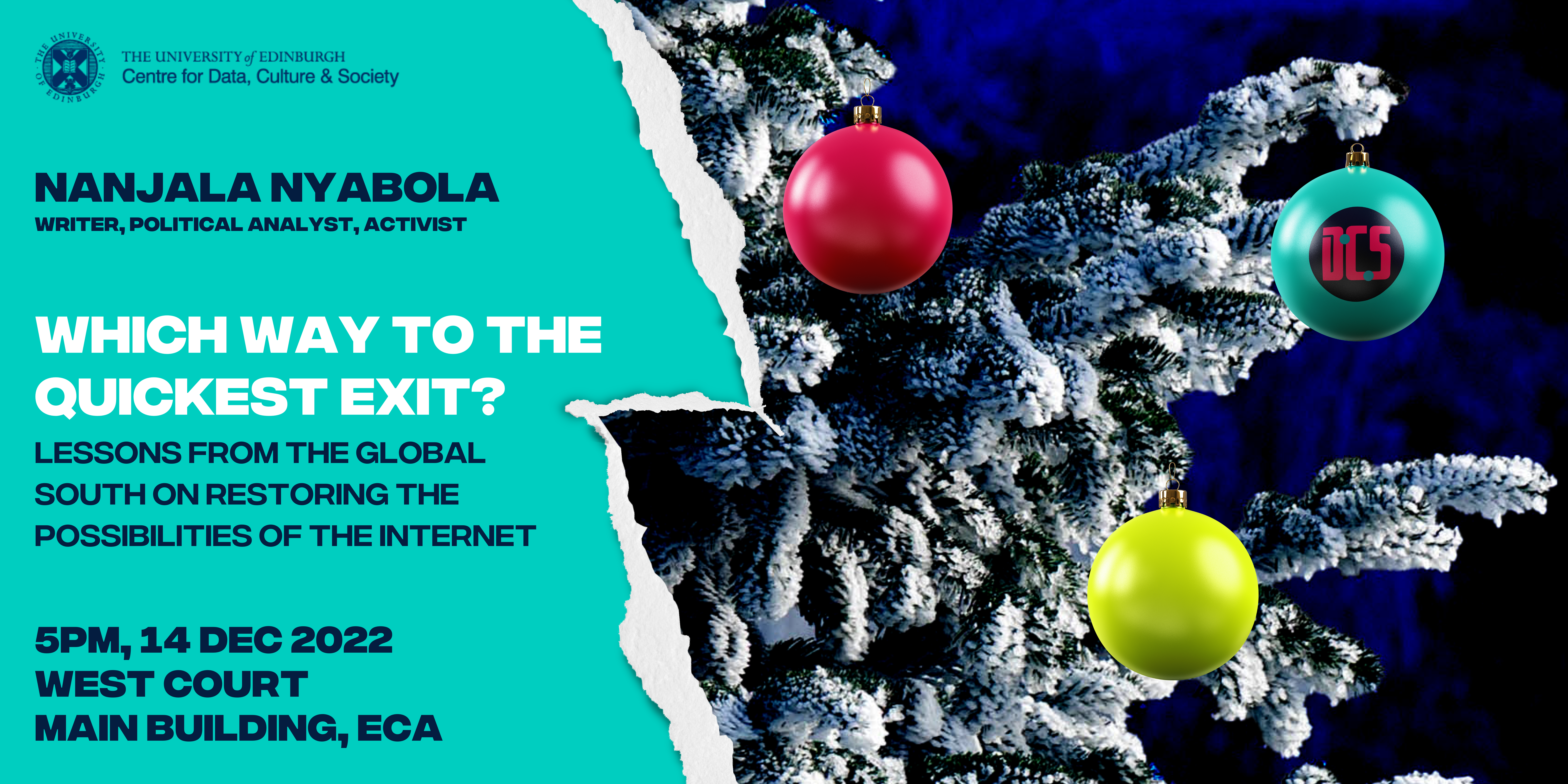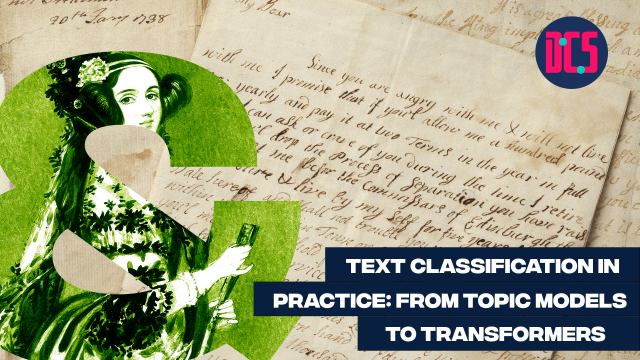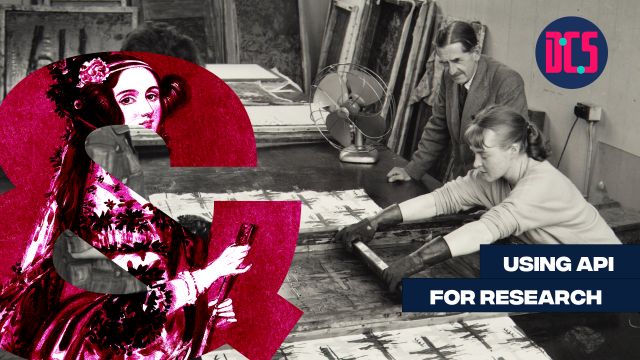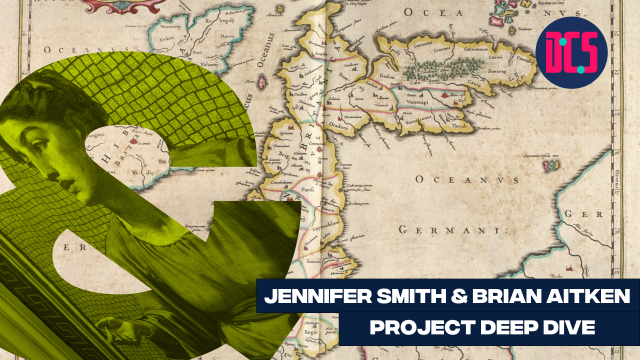CDCS Annual Lecture 2022

The third CDCS annual lecture ‘Which Way to the Quickest Exit? Lessons from the Global South on Restoring the Possibilities of the Internet’ presented by Nanjala Nyabola followed by festive refreshments.
Abstract
In the midst of major acquisitions and announcements of massive layoffs and underperforming financials, there is a growing consciousness that we are in the midst of a major shift in the perception of the internet's present and future. One outcome of this realisation is a desire to reset the power dynamics between the companies that make it possible for us to access the internet, and us as users. In this talk, drawing from her research and advocacy on digital rights, Nanjala Nyabola will present some reflections on key areas of friction and key possibilities of global action, informed by the experiences of internet users in the global majority. Is a different internet future possible and what kind of work can get most of us there better?
Speaker Biography
Nanjala Nyabola is a writer, political analyst, and activist based in Nairobi, Kenya. Her work focuses on the intersection between technology, media, and society. Her accomplished academic career has focused on forced migration in Africa, and includes two MSc degrees from the University of Oxford, which she attended as a Rhodes Scholar. She also holds a J.D. from Harvard Law School. Nyabola writes extensively about African society and politics, technology, international law, and feminism for academic and non-academic publications. She is the author of Digital Democracy, Analogue Politics: How the Internet Era is Transforming Politics in Kenya (Zed Books, 2018) and Travelling While Black: Essays Inspired by a Life on the Move (Hurst Books, 2020).
Please note: this event will be held in person and live-streamed for attendees online. For those who attend in-person, there will be festive refreshments and a chance to network after the event.
Booking Information
When you register, please indicate if you will join in person or online. Online attendees will receive an email closer to the event which will provide the link to the webinar. Please use the same email for registering with Eventbrite and when logging into Zoom.
Event Information
The online part of the event is a webinar, which means that attendees’ microphones and cameras will be off. There will be opportunities for participants to ask questions during the discussion. This event will have live captions. Please inform us of any access requirements by emailing cdcs@ed.ac.uk. Further details about how CDCS uses your information obtained from booking onto our events can be found at in our Events Privacy Statement.
As of March 2022, the government formally removed all Covid restrictions in the UK. We ask that you continue to be considerate of others’ personal space, and please do not attend if you feel unwell or have any of Covid symptoms.












